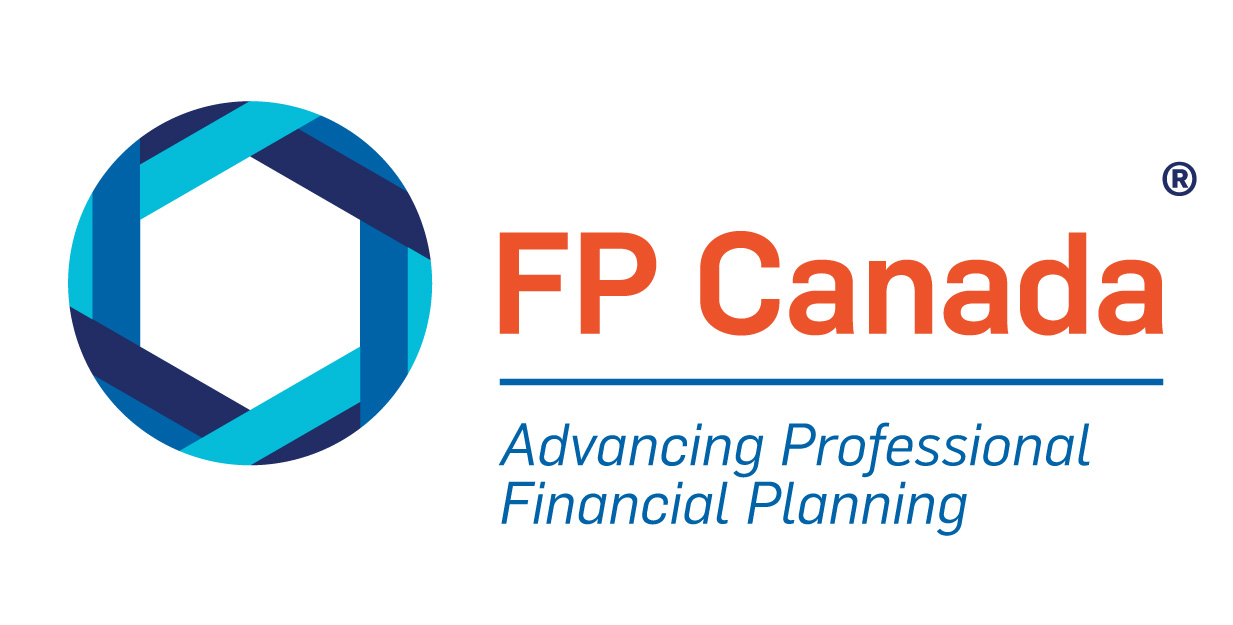While technology offers many financial possibilities at the click of a button, there’s no replacement for the holistic advice of a financial planner.
Navigating a Complex Financial Landscape
New robo-advice platforms and financial apps are constantly emerging, offering consumers quick and easy options for dealing with financial tasks such as budgeting and investing. However, technology can’t replicate personalized advice from a real Certified Financial Planner® professional or Qualified Associate Financial Planner™ professional. When you need to make key decisions about your financial future, it’s still best to work with a planner.
“Digital tools can’t help consumers deal with competing priorities or plan a retirement that suits their lifestyle,” says Joan Yudelson, Executive Director, Learning, Development, and Innovation at FP Canada™. “In today’s complex financial landscape, the value of the human professional is greater than ever.”
Canadians Stress Over Finances
FP Canada’s Financial Stress Index consistently shows that money is the greatest source of stress for many Canadians, ranking higher than personal health, work, and relationships.
“Consumers are confused about their finances and are struggling to balance competing priorities,” says Yudelson. “‘Should I put money in my RRSP or use those funds to pay down my debt?’ This is the kind of question that causes financial stress and requires help from a trusted financial planner who has the knowledge to take away your uncertainty.”
The financial planning profession is constantly evolving to ensure that planners are providing as much value to their clients as possible in the digital age, she explains. Individuals seeking QAFP®
certification and CFP®
certification must take courses to develop not only essential technical knowledge, but also skills in areas such as communication and ethics.
“As a profession, we’re increasingly focusing on those skills that enable professional planners to deeply understand their clients’ needs in a holistic way and to respond to their sensitivities, emotions, and concerns. Succeeding in this way requires sophisticated thinking and human skills that are beyond the purview of financial technology,” said Yudelson.
Technology Provides Convenience
“Fintech is revolutionizing everything we do as consumers,” says Michelle Beyo, founder of FinAvator, a fintech consulting firm. “Consumers are looking for ways to manage their lives, financially and otherwise, in ways that are faster, easier and more cost effective.”
“It’s good that new technologies are filling these needs,” notes Beyo. “It’s also positive that new technologies are motivating younger Canadians to take an interest in investing. Fintech is bringing millennials into the investment space. They're digitally savvy, interested in micro savings, and like to do everything on their phones.”
Financial Planners Provide Irreplaceable Insights
Despite her enthusiasm for financial technology, Beyo recognizes that consumers also need holistic financial planning advice.
“Financial planning isn't just about the consumer’s $20 monthly investment. If that person is investing but isn’t doing what it takes to protect that investment, the picture is incomplete,” notes Beyo. “Consumers need someone who will help them address issues such as, ‘do you have life insurance, do you have a will, and do you have a plan?’ The bigger picture must also be addressed.”
To find a CFP professional or QAFP professional in your area who can act as your financial guide, use our Find Your Planner tool.

 Find Your Financial Planner
Find Your Financial Planner

